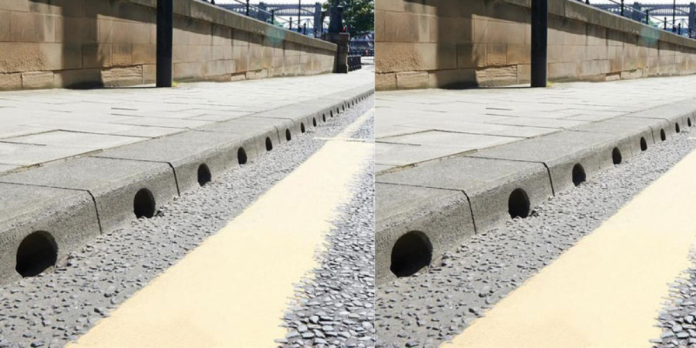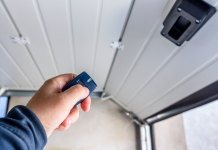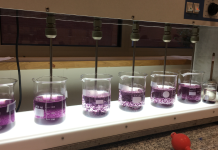Drainage systems in public or commercial use properties
Public or commercial use properties such as shopping centres, restaurants, offices, and schools typically require drainage systems to manage wastewater and prevent flooding. These properties have unique requirements based on their size, usage, and type of waste generated.
Here are some common drainage systems used in public or commercial use properties:
- Floor Drains: Floor drains are commonly used in public or commercial use properties to collect and remove wastewater from floors, bathrooms, kitchens, and other areas. They are typically made of stainless steel or cast iron and are designed to prevent clogging and overflow.
- Trench Drains: Trench drains are used in areas where large volumes of water or other liquids need to be drained quickly, such as in parking garages, loading docks, and outdoor areas. They are typically installed in a channel or trench and are covered by a grating to prevent debris from entering the drain.
- Grease Traps: Grease traps are used in commercial kitchens, restaurants, and other food service facilities to prevent fats, oils, and grease from entering the sewer system and causing blockages. They trap the grease and oil before it can enter the drainage system.
- Oil-Water Separators: Oil-water separators are used to separate oil and other hydrocarbons from water in commercial or industrial settings. They are commonly used in car washes, automotive shops, and other businesses that deal with oil or fuel.
- Chemical Drainage Systems: Chemical drainage systems are used in facilities that generate or use hazardous chemicals, such as laboratories, medical facilities, and industrial plants. They are designed to contain and dispose of these chemicals safely.
It is important to consult with a qualified plumbing or drainage professional to determine the most suitable drainage system for a specific property, based on its unique requirements and local regulations. Proper installation, maintenance, and inspection of drainage systems are critical for their safe and effective operation.
How does a drainage system prevents water wastage?
A professionally installed drainage system can help prevent water wastage by efficiently collecting and directing water to appropriate disposal methods. With a well-designed drainage system, water can be properly managed and re-used, reducing the need for additional water resources.
Here are some ways that a professionally installed drainage system can prevent water wastage:
- Efficient Water Collection: A well-designed drainage system can efficiently collect water and direct it to an appropriate disposal method, such as a treatment plant, retention basin, or storage tank. This reduces the amount of water lost to evaporation, runoff, or other forms of waste.
- Water Recycling: In some cases, drainage systems can be designed to collect and treat water for reuse in irrigation, landscaping, or other non-potable applications. This reduces the need for additional water resources and can save significant amounts of water.
- Leak Detection: A professionally installed drainage system can include leak detection devices and systems to quickly identify and repair leaks, reducing the amount of water lost to leaks.
- Compliance with Regulations: Many areas have regulations and standards for drainage systems to prevent water wastage and ensure efficient use of water resources. A professionally installed drainage system can ensure compliance with these regulations, avoiding penalties and ensuring proper water management.
In summary, a professionally installed drainage system can prevent water wastage by efficiently collecting and directing water, recycling water for non-potable applications, detecting and repairing leaks, and ensuring compliance with regulations.










